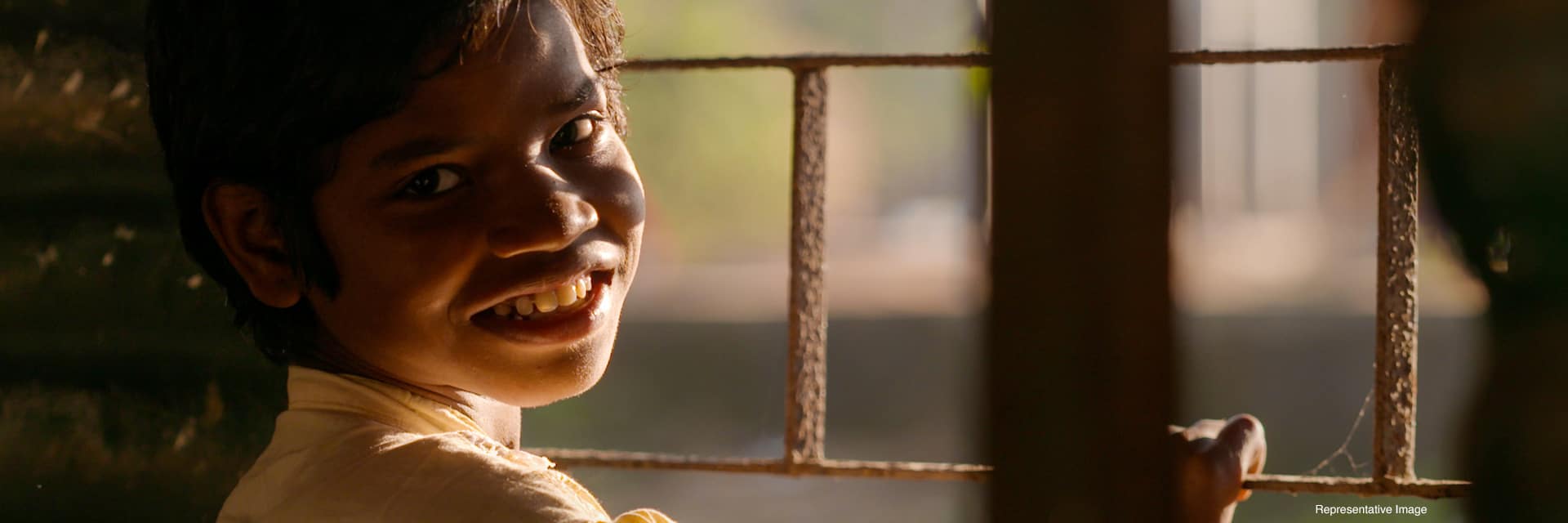Representative Image
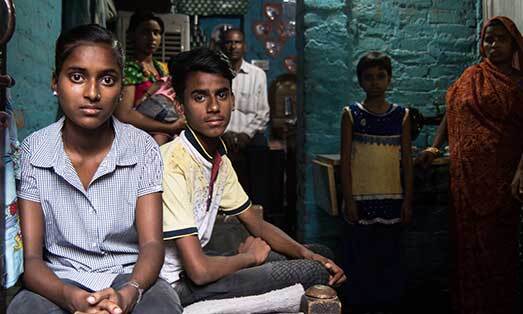
Children from marginalized, excluded, and particularly vulnerable groups are at the highest risk of being affected by violence, particularly young children from poor and indigenous communities. Violence against children is a silent emergency that must end. Despite years of commitment towards ensuring the fundamental rights of children through programs and schemes, violation of child rights remains widespread. Violence against children and young women is related to the established norms by society and the lack of protective systems.
Gender-based violence includes Child Early Forced Marriage, Child Trafficking, Child Labour, sexual violence and protection in emergencies.
Plan India enables girls and young women to realize their right to be free from all forms gender-based of violence. This is done by mobilizing and building their agency to demand their right to be free from all forms of violence, along with strengthening the capacities of families, communities, and government duty bearers to respond to the violation of the rights.
Key Actions:
 Engaging girls and young in their own protection and safeguarding
Engaging girls and young in their own protection and safeguarding
 Empowering girls to prevent child marriages
Empowering girls to prevent child marriages
 Awareness raising on violence against girls
Awareness raising on violence against girls
 Creating safe and collaborative spaces for children and youth
Creating safe and collaborative spaces for children and youth
 Building agency of girls and young women to be aware of policies, laws and services
Building agency of girls and young women to be aware of policies, laws and services
 Establish and strengthen Community Based Child Protection Mechanism
Establish and strengthen Community Based Child Protection Mechanism
 Engage with families, communities & religious leaders to promote gender responsive protective culture
Engage with families, communities & religious leaders to promote gender responsive protective culture
 Influence changing laws and policies for complete ban of child marriage
Influence changing laws and policies for complete ban of child marriage
 Partnering with government, civil society and youth network at all levels.
Partnering with government, civil society and youth network at all levels.
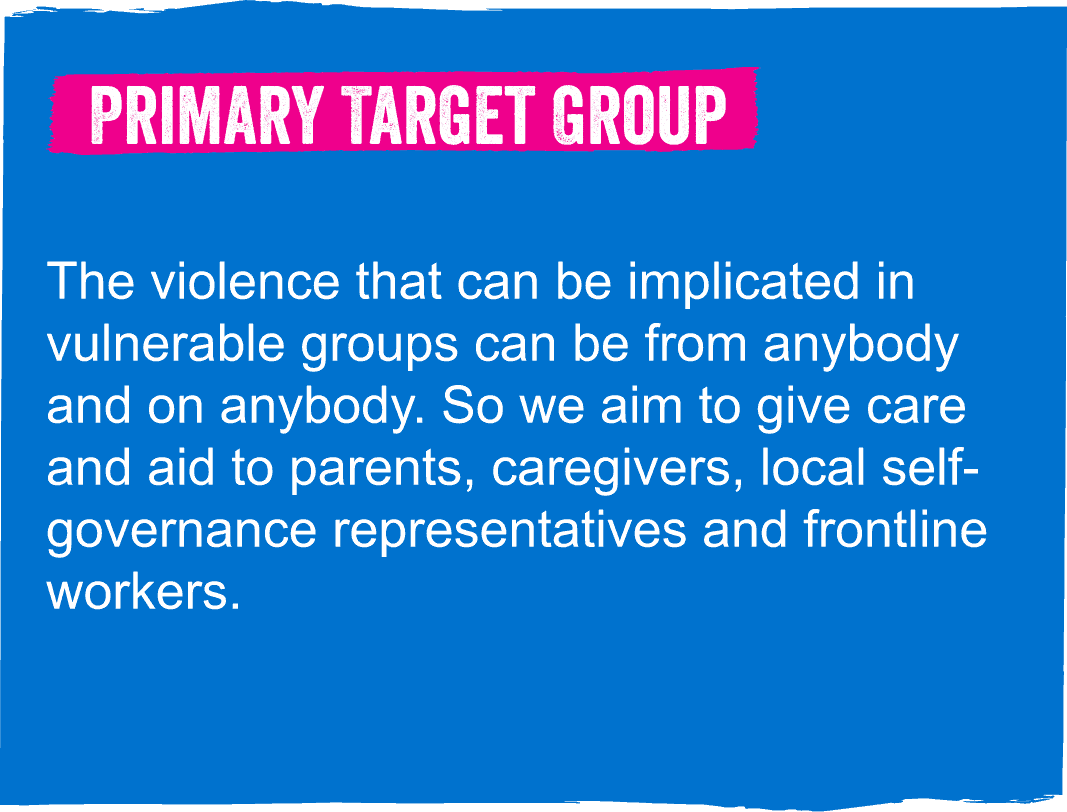
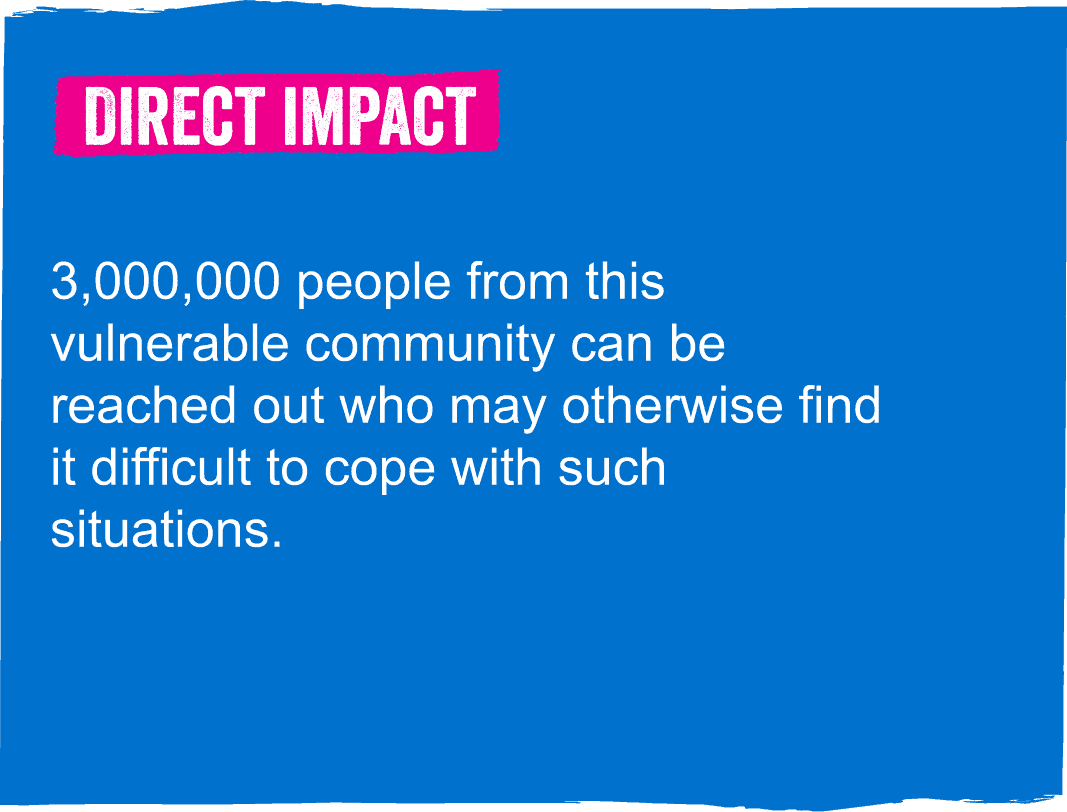
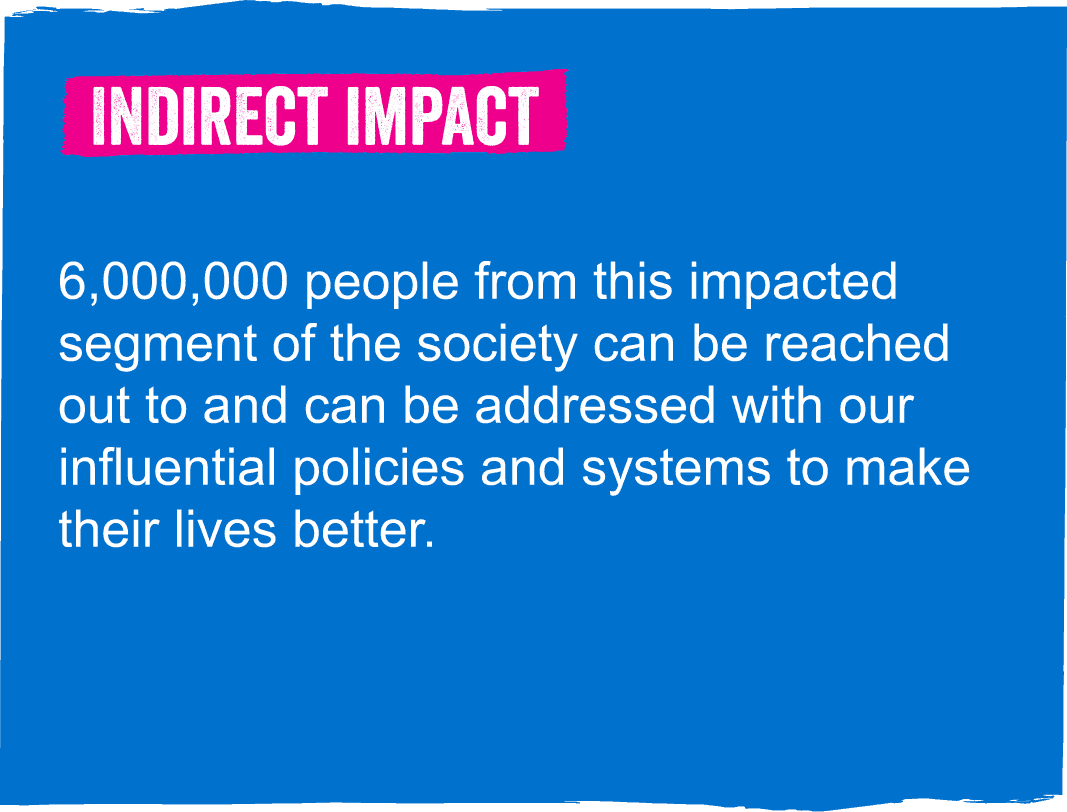
STORIES OF CHANGE
ACCESS TO JUSTICE
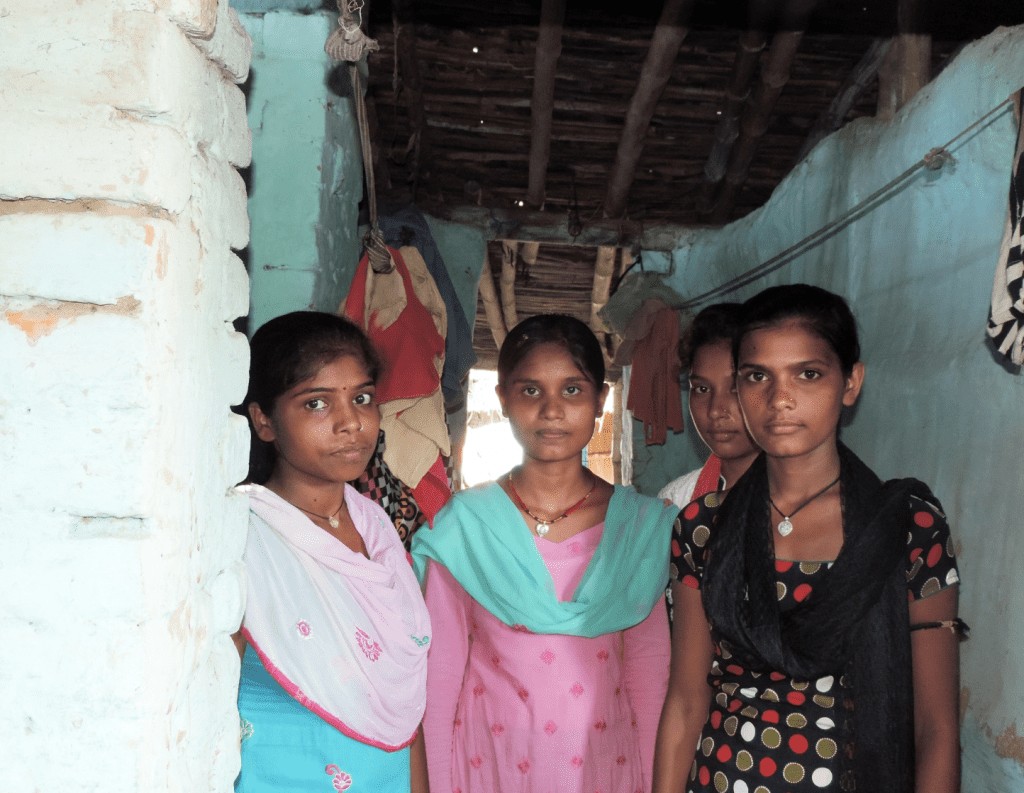
Representative Image
The project PROTECT is working to address this issue of cross-border trafficking from Nepal and Bangladesh and from within the country by creating solid and vigilant protection mechanisms and safety nets. The primary intervention is to build the capacity of Child Protection Service providers like Anti-Human trafficking units, Special Juvenile Police Units, and Border Guarding Forces to ensure a link between these countries and deal with the trafficking cases and repatriating the survivors. Operational in the three states- Uttar Pradesh, Bihar, and West Bengal that share international borders, the project strives to bring changes at three levels; family, community, and society. The project built the capacities of families to identify risks, vulnerable conditions, and the consequences of child trafficking. At the community level, the project works to strengthen community safety nets and structures to prevent child trafficking, facilitate access to services, and support reintegration through child-friendly participatory methods.
Finally, at the societal level, it builds capacities of government officials and non-state actors like NGOs and Community-based Organisations to respond to child trafficking, safely repatriate survivors and facilitate their reintegration process. The project also facilitated the creation of children’s collective and built their capacities to ensure their participation in developing a safety plan for themselves. The project started in January 2019 and is currently targeting 666 border adjoining villages of 150 Gram Panchayats in 6 districts of the three states- West Champaran and Sitamarhi in Bihar, Siddharthanagar and Maharajganj in Uttar Pradesh, and Nadia & Murshidabad districts in West Bengal.
BREAKING DOWN THE BARRIERS FOR GIRLS
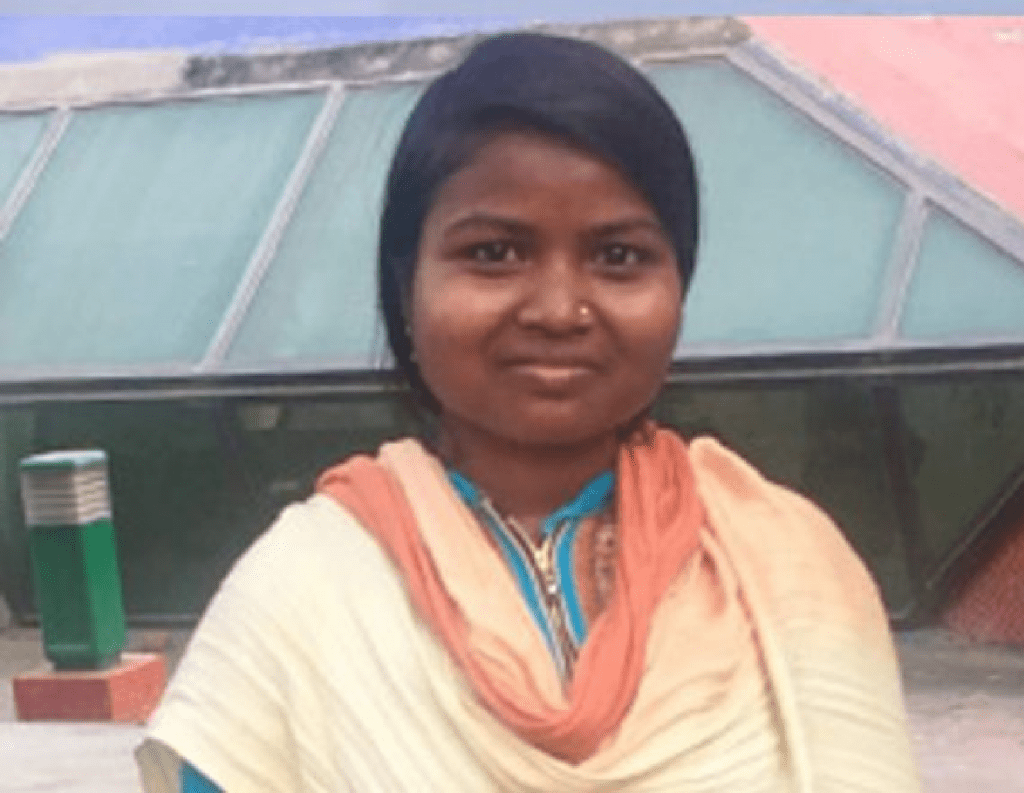
Palika (name changed) is 20 years old and lives in a rural village in Bihar. She is an active and well-known youth champion. Palika’s association with Plan India began eight years ago when she joined a Children’s Club. She explained that before joining the club, she was shy to speak out, “Whatever I was facing, I thought it was part of my life. Afterward, I realized that this was not part of my life, and these were issues that had to overcome.” In Bihar, girls are generally married off early, unprepared to bear the marital and childbearing responsibilities put upon them. Her village is particularly isolated, surrounded by mountains with only around 35 households. Additionally, due to the lack of educational and livelihood opportunities, child labor, child marriage, and child trafficking are constant issues. Palika felt motivated to tackle the issue of child marriage in her community. She managed to get support from her friends and the Plan Youth Advisory Panel (YAP). Palika went from door to door advocating for girls’ rights. Inevitably, she faced many challenges from her community; gender discrimination was so prevalent that her village would not listen to what she had to say.
At 14 years, her parents decided to arrange her marriage, but she raised her voice and fought against their decision. Since then, she has worked with district officials, and ChildLine prevented 12 child marriages!
Palika also have got support from Dainik Jagran, one of India’s most-read newspapers, who covered her story. ETV Bihar, a news channel decided to report on her, which reached a more audience. In 2015, Palika was elected as a state representative for the National Youth Advisory Panel.
Despite having already achieved so much and brought about so much positivity, Palika wants to do more. “I want to dedicate my life to bringing about change!” she says with confidence and determination in her voice.





